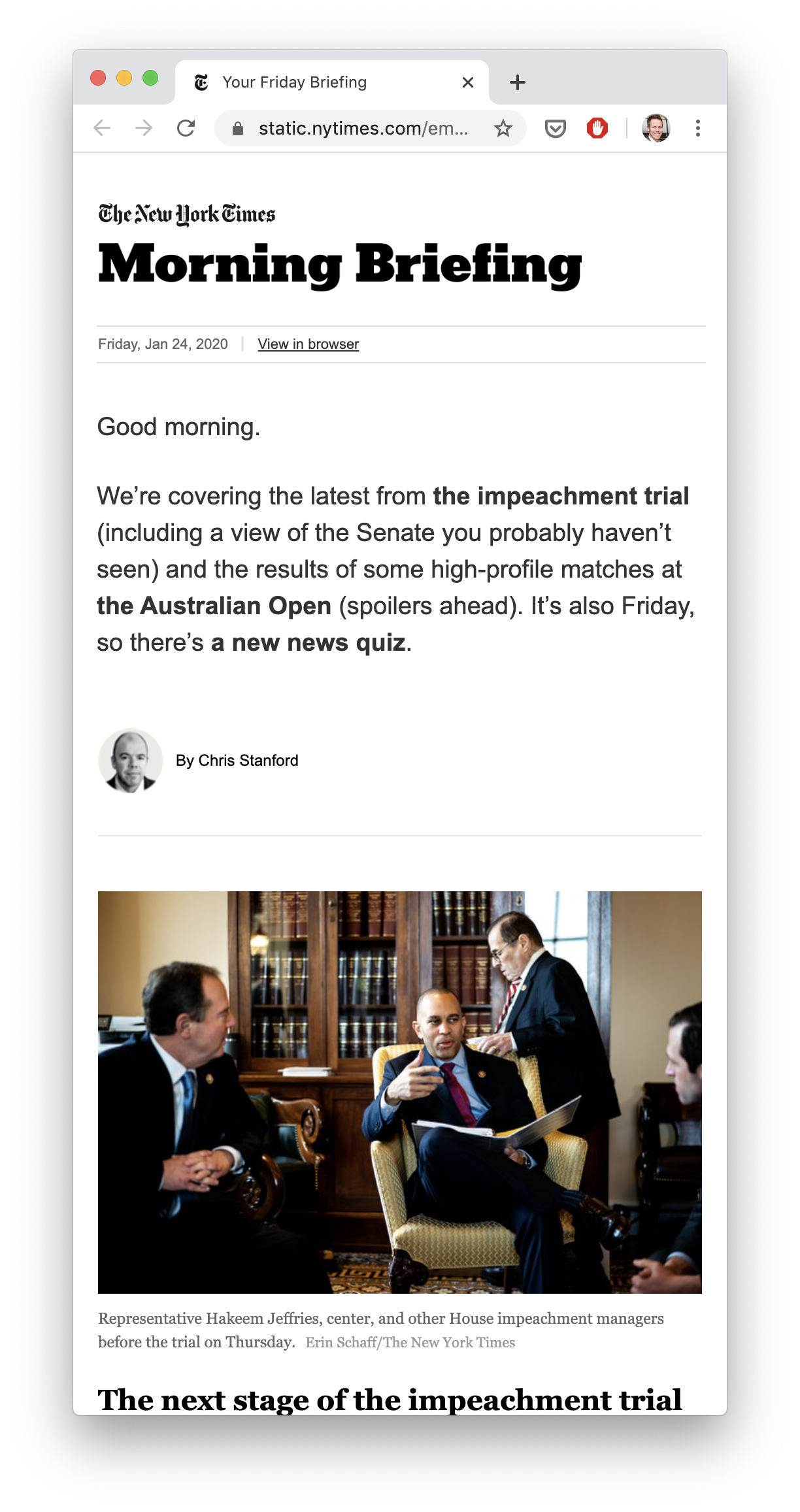
“It is a ridiculous job, and it is almost impossible to do right,” says Andrew Rosenthal, who held senior newsroom jobs and then ran the editorial page for nine years until 2016.

with a black eye wearing a sombrero?) Old-timey Timesfolk also compare Kahn to Joe Lelyveld, the uncharismatic brainiac who had the job before Raines (and briefly again after he self-destructed). (Remember when the New York Post ran a picture of Arthur Sulzberger Jr. Those were the dark days, when the share price was less than the cost of a copy of the Sunday paper and the Mexican billionaire Carlos Slim had to loan the company $250 million to keep it afloat. On the surface, he seems more akin to Bill Keller, the son of a Chevron CEO, who ran the Times for eight years between Raines and Abramson. Kahn, a fabulously wealthy Bostonian, is, arguably, a throwback to a more patrician leader of the paper. He wears Acne, smokes cigars in Washington Square Park, knows art and books, and wears good cuff links.

Baquet is an operator, a politician who likes being liked. His origin story - he mopped the floors of his family’s New Orleans restaurant and scaled the heights of American journalism to become the Times’ first Black editor - could hardly be more compelling. “I’ve been Dean’s partner for five years now, and I’ve seen the way that he navigates the challenge of editing the Times when we’re under as much, or more, scrutiny than we ever have been in history.”īaquet will be a tricky act to follow. “It’s just a big responsibility,” said Kahn, 57, looking trim in a blue polo shirt, gray cardigan, and jeans. It bought the podcasting company Serial, the sports site The Athletic, and a daily chunk of your procrastination time since it got ahold of Wordle. The company has some 5,000 full-time employees, and it produces documentaries and podcasts, newsletters and cooking apps. It can hardly even be called a newspaper anymore. The place was desolate, but the Times has never been bigger. Kahn had led me into the elevator and down the hallway lined with photographs of the paper’s Pulitzer Prize winners and into this room adorned with black-and-white pictures of the old printing press. He is the ultimate inside man, so sturdy, disciplined, and reverential to the mission of the Times that the very notion of him self-destructing seems improbable. Kahn is no prom king, but nobody is much surprised that the paper’s proprietors picked him. Not really because I think that I’m going to self-destruct but because it’s an enormous responsibility to manage a newsroom of this size and ambition at this particular moment.”Īfter Abramson, Dean Baquet took over in 2014 and became one of the most popular executive editors in the paper’s modern history. Was Kahn nervous? “I am,” he told me, “for a variety of reasons.

Rocky? There have been four executive editors of the Times in the past two decades, and two of them - Howell Raines (2001 to 2003) and Jill Abramson (2011 to 2014) - imploded spectacularly in public after losing the faith of the Sulzberger family. I think we’re going to have a really smooth change in leadership.” “The truth is that we’re in a bit of a different era, and some of the transitions in the past admittedly have been rocky, and there have been more abrupt changes in leadership. It was late last Friday afternoon - just days before it would be announced that he had ascended to journalism’s Iron Throne - and we were sitting in a conference room high above the empty newsroom. “I didn’t kill anybody,” he said, suppressing a sly smile. So I turned to Joseph Kahn, the new top dog at the Times, and asked whom he incinerated to get here. Abe Rosenthal, the totemic New York Times editor who published the Pentagon Papers, used to say that there was one path to the executive editor’s office - over the dead, burned, and maimed bodies of the ten other people who wanted the job.


 0 kommentar(er)
0 kommentar(er)
